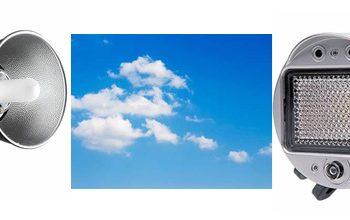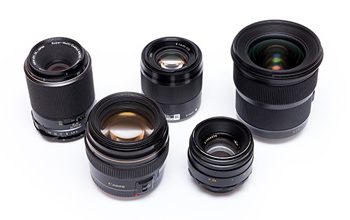Does being a professional Photographer today require a store front studio to be successfull? Photographers do not necessarily need a storefront to succeed, as many successful photographers operate without one. The necessity of a storefront depends on the type of photography business, target clientele, and business goals. Here’s a breakdown of the pros and cons of having a storefront and alternatives to consider:
Benefits of a Storefront
- Increased Visibility:
A physical location in a high-traffic area can serve as free advertising and make your business more visible to potential clients. - Professional Image:
A storefront can enhance your credibility and make your business appear more established, especially for high-end or commercial clients. - Convenience for Clients:
Clients can easily visit for consultations, view sample work, and discuss projects in person. - Display Space:
Use the space to showcase your portfolio, framed prints, albums, or other products. - Studio Use:
The storefront can double as a studio for portraits, product photography, or other in-house shoots.
Challenges of a Storefront
- Cost:
Renting or buying a storefront can be expensive, especially in prime locations. Overhead costs (rent, utilities, maintenance) add up. - Flexibility:
A storefront ties you to a specific location, limiting your ability to travel for shoots or work remotely. - Limited Necessity:
For many photographers, especially those specializing in outdoor, event, or on-location shoots, a storefront may not provide enough value to justify the cost. - Changing Client Preferences:
Many clients are comfortable interacting with photographers online, making a physical location less critical.
Alternatives to a Storefront
- Home Studio:
Convert a room or garage into a small studio space. This is cost-effective and convenient. - Co-Working or Shared Studio Spaces:
Rent studio space only when needed, reducing overhead. - Mobile Studio:
Invest in portable backdrops, lighting, and props to create a studio setup at client locations. - Online Presence:
Focus on a strong online portfolio, social media presence, and digital marketing to attract clients. - Pop-Up Events:
Host temporary photo sessions in rented spaces for specific occasions (e.g., seasonal mini sessions).
When a Storefront Might Be Beneficial
- High-End Portraits or Weddings: Clients may expect a polished, professional location for consultations or viewing sessions.
- Community-Focused Work: If your clientele is local and values face-to-face interaction, a storefront can be a hub for your community.
- Product Sales: If you sell physical products like prints, albums, or frames, a storefront allows customers to see them in person.
Key to Success Without a Storefront
If you choose not to have a storefront, focus on:
- Building a Professional Online Presence: A great website and active social media accounts can attract and engage clients.
- Networking: Collaborate with local businesses, attend events, and build relationships within your community.
- Client Experience: Provide excellent service, quick communication, and high-quality deliverables to generate referrals and repeat business.
Ultimately, whether you need a storefront depends on your business model and the clients you want to attract. Many successful photographers thrive without one by leveraging flexibility and strong branding.


































